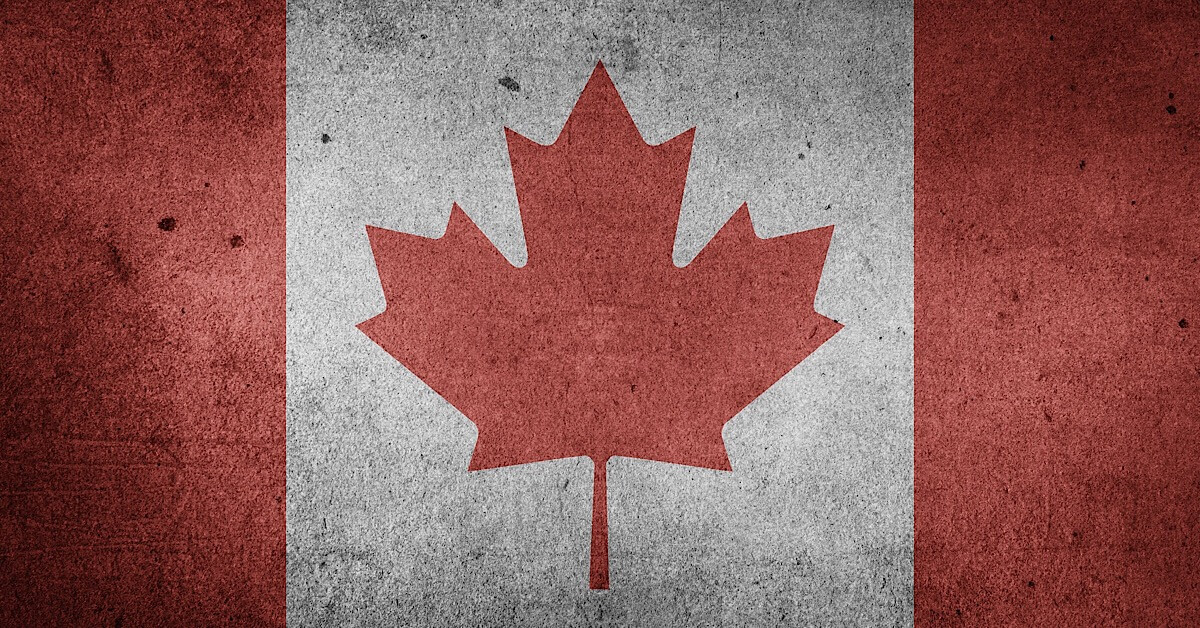The effects on online speech of last week’s attacks that left 50 people dead in two mosques in New Zealand – described by some as the first internet-native mass shooting – seem likely to reverberate for a long time.
This and other hate crimes that saw their perpetrators and promoters use the web heavily have resulted in Canadian government officials now mulling new laws that would force social media platforms to remove content deemed to be extremist and hateful, Global News is reporting.
Canada’s Public Safety Minister Ralph Goodale is quoted as saying that the matter would be considered “very, very carefully.”
Goodale also revealed that “encouraging the social media platforms to move quickly and efficiently to deal with toxic communications” is a topic that has been discussed during past meetings of G7 and Five Eyes – an intelligence alliance between Australia, Canada, New Zealand, the United Kingdom, and the United States.
This Canadian official then observed that social media companies were “not doing enough” – but that he is still hopeful they would be prepared to “move quickly” to block undesired content on their own.
The article also said that the New Zealand shooter’s admission to being “radicalized online” now means it may be time for governments to start intervening.
Amira Elghawaby from the Canadian Anti-Hate Network is cited as arguing in favor of allocating more money toward research, “a tougher crackdown on social media platforms,” and also, of more awareness campaigns.
Canada is not alone in its desire to react by stepping up policing of online speech. According to the Global News, Australian Prime Minister Scott Morrison wants to force social media to “adjust their algorithms to screen out hateful content.”
But as things stand now, there are also differences between the two countries that some would like to see erased in favor of the Australian model, where ISPs, unlike in Canada, have a free hand at blocking websites whose content is considered unacceptable.
This seems to be exactly the type of reaction that the Electronic Frontier Foundation, a San Francisco-based non-profit dedicated to promoting digital rights, has cautioned against in the wake of the New Zealand massacre – warning that the desire to introduce stricter rules must not undermine legitimate freedom of speech and expression on the web.






















